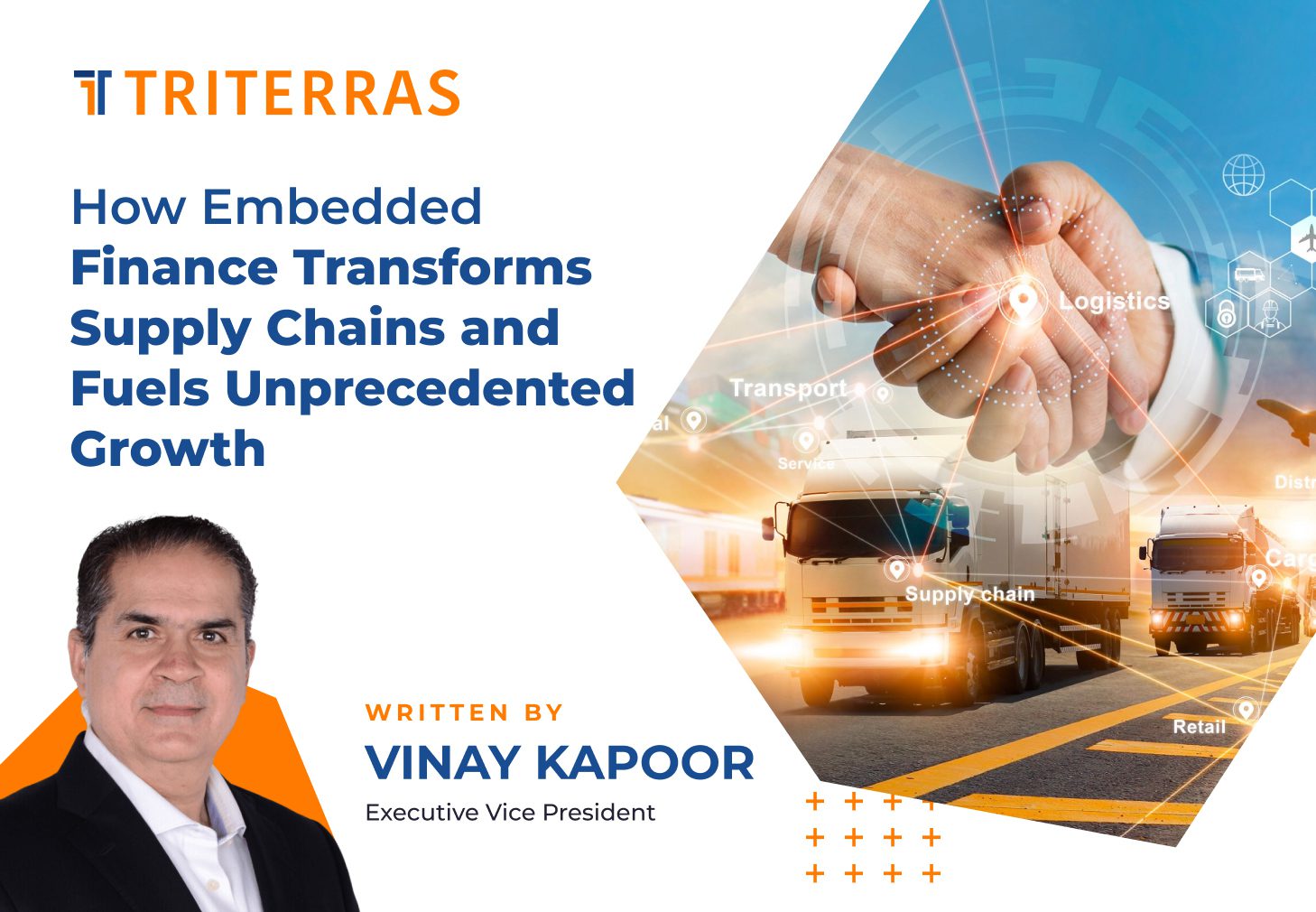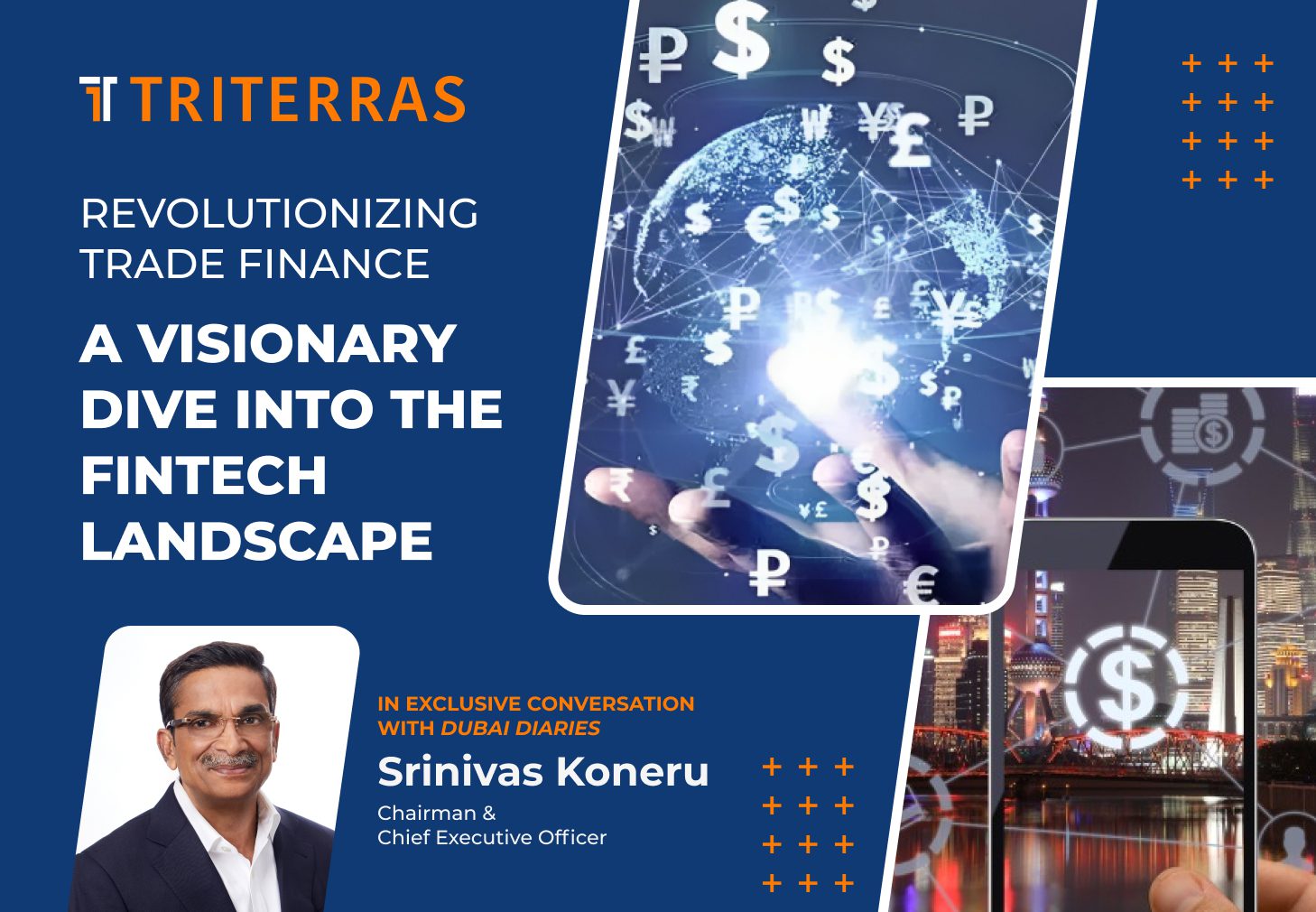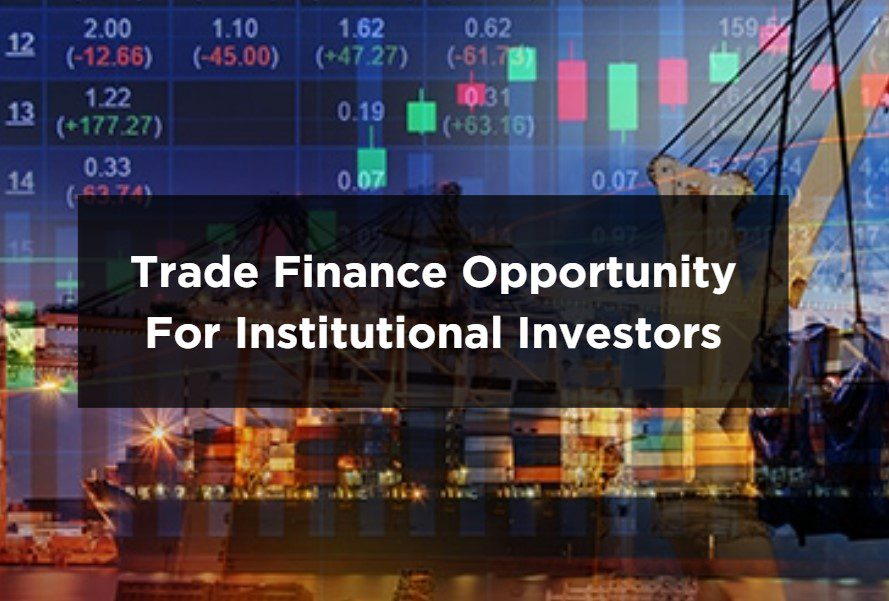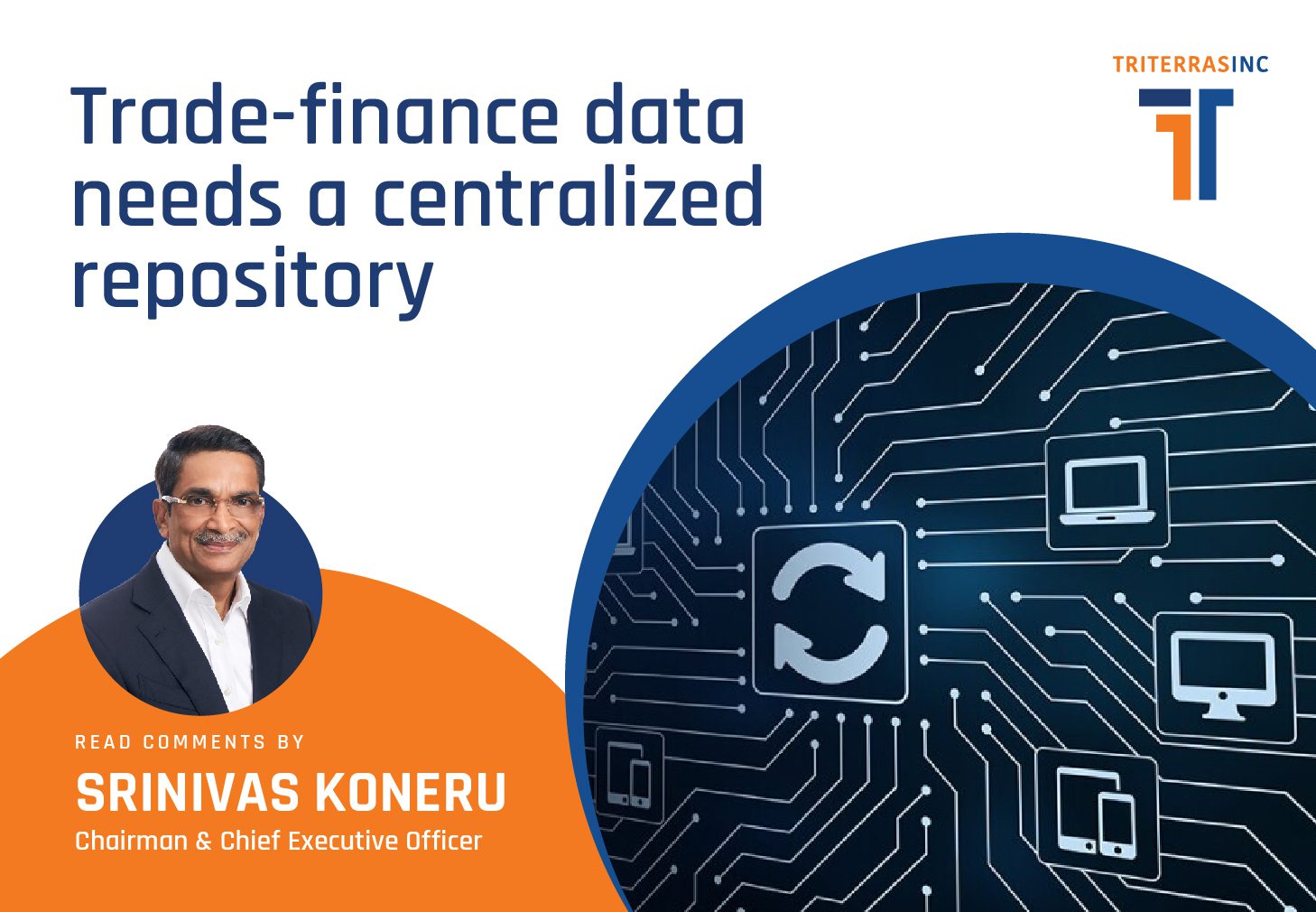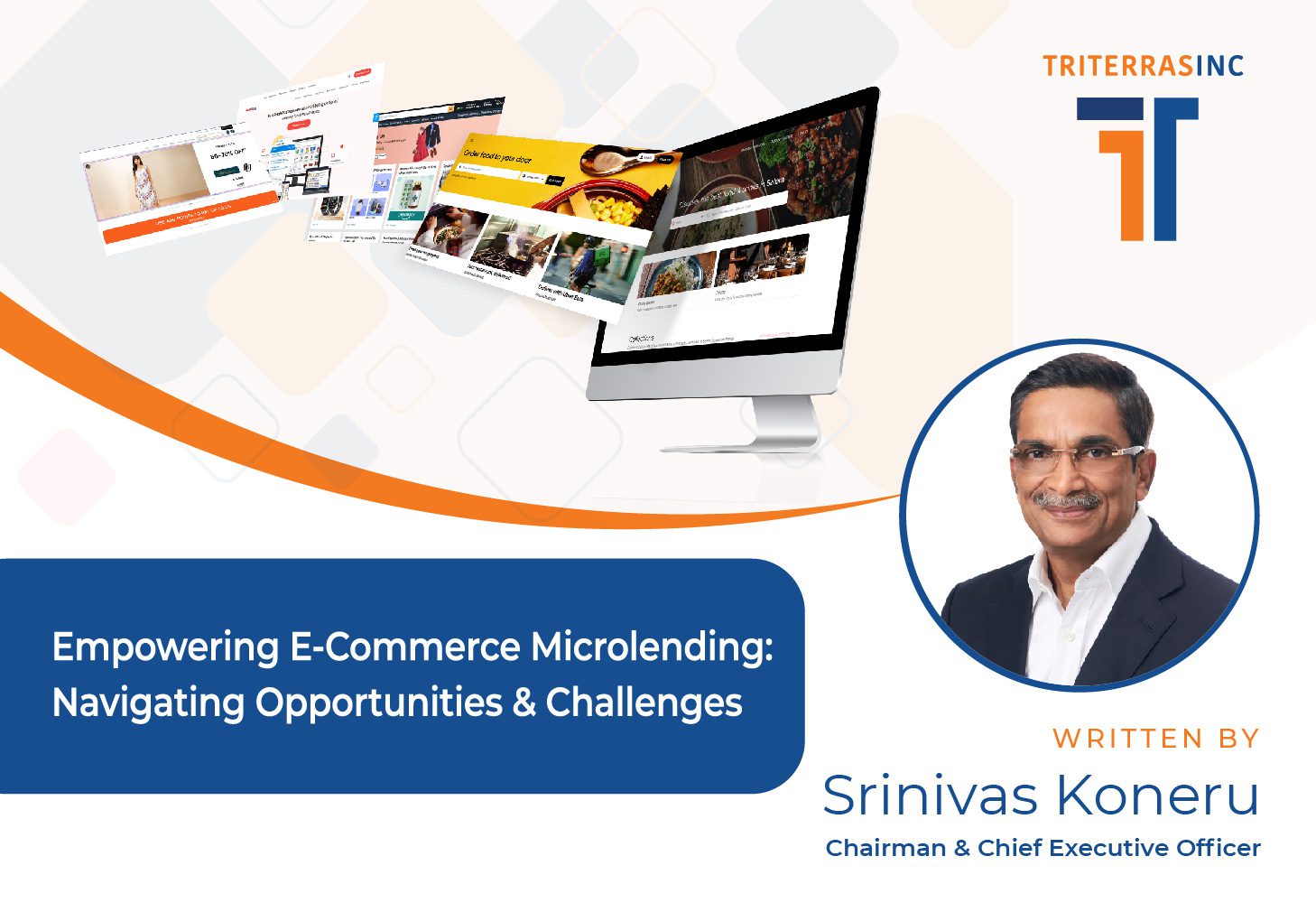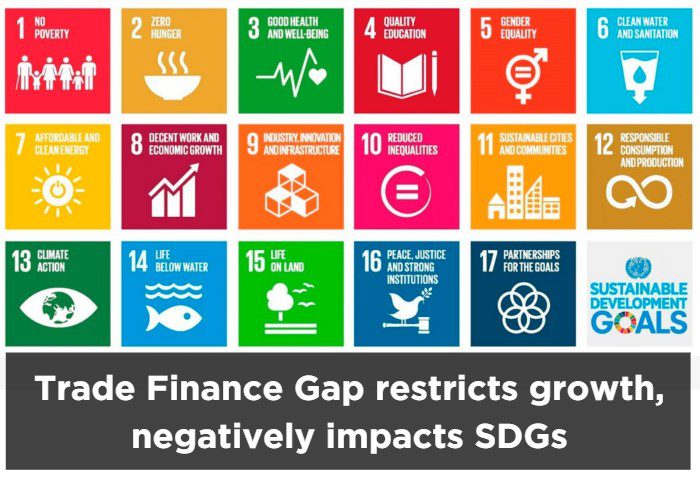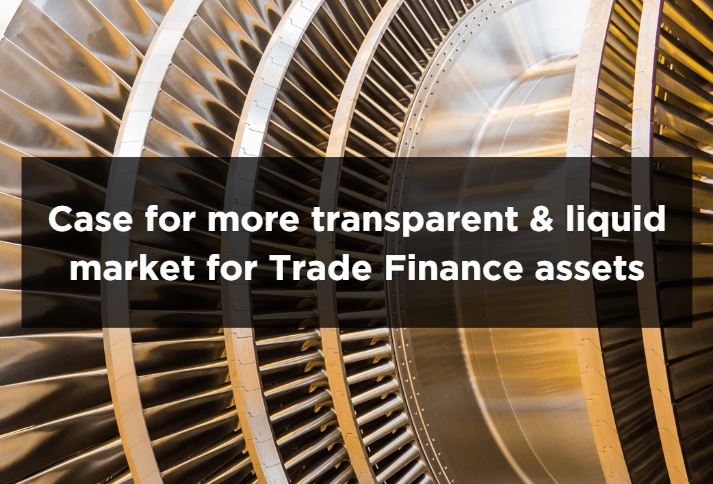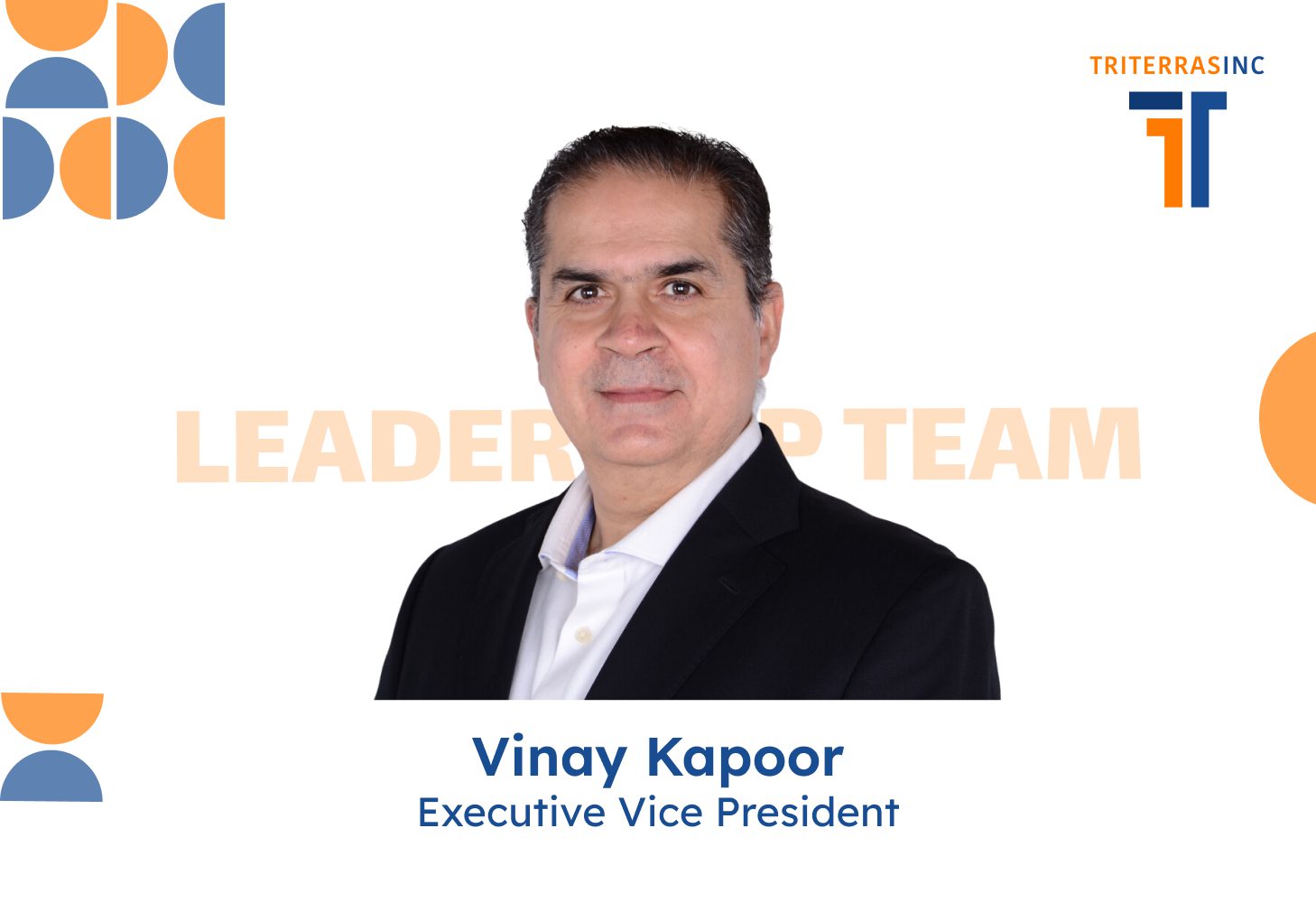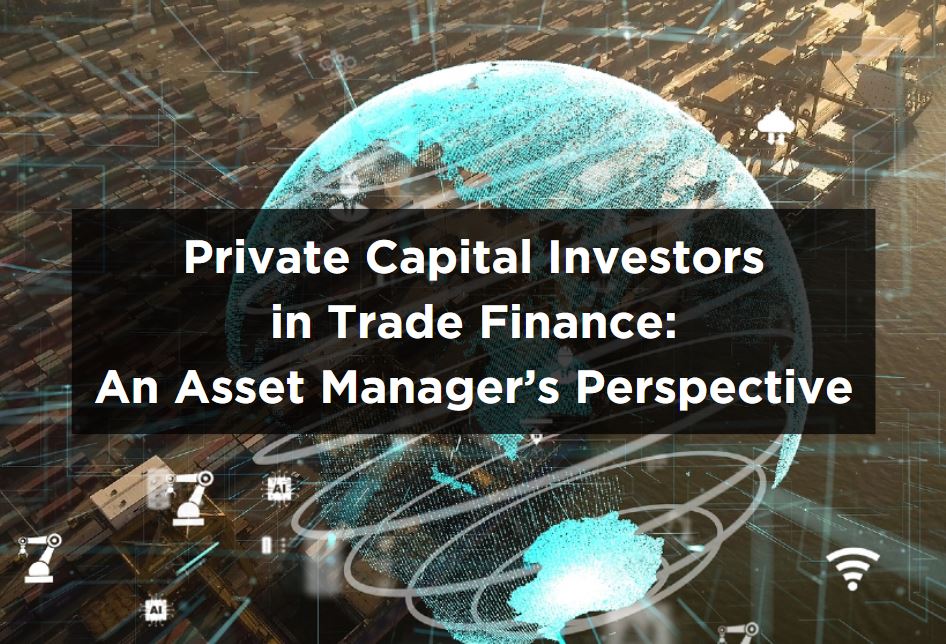As an entrepreneur, you may wonder if you should take a salary. After all, there are many expenses to meet when starting and running a business. It’s really up to you, but there are some strong reasons why you should take a salary. Not drawing a salary would cloud your fiscal understanding. Especially in today’s world, when funding is more readily available than ever before, it can be easy to lose track of your expenses and tempting to lead an extravagant lifestyle by dipping into your business coffers whenever you need. Without a salary, you may quickly burn through your personal savings or business funds and be forced to close your business. You can keep your expenses under check and separate your personal and business accounts by fixing a remuneration package for yourself.
There are also many other solid reasons to pay yourself a salary. First of all, in a small business, almost nothing is hidden, and it doesn’t boost employee morale if they know the owner is not taking home any pay. On the other hand, paying yourself a salary helps you attract and retain employees. It also tells investors that you are serious about the long-term sustainability of your business and committed to it. Of course, there are many financially challenging phases a new business venture goes through, and it is common for entrepreneurs to pay themselves a small salary to get by until their businesses get well-established and become profitable.
You may consider tying your salary to your company’s growth as a business owner. This can be a significant motivational factor to make you strive toward pushing your business to new levels of success. There are different ways to do this, so you’ll need to decide what makes the most sense in your situation. One of the options is to base your salary on a percentage of the company’s revenue. This way, as your business grows, so will your income. The second option is to tie your compensation package to your firm’s profit. This can be a more volatile way to earn a regular income, but it can also be advantageous if your company is doing well and is very profitable.
Here are some general tips you can follow to help determine your salary as an entrepreneur. First, consider how your business is doing. If your business unit is not doing well and is yet to break even, you may not pay yourself a high salary. On the other hand, if your business enterprise is very profitable, you can consider paying yourself a higher salary. Second, think about your industry. Some industries are known for offering high salaries to their CEOs and senior-most executives, while others are not. Third, consider your own experience and skillsets. If you have a lot of experience in running businesses or in the particular industry in which your company operates, you may be able to draw a handsome salary. Finally, think about your location. Business organizations in big cities pay their executives more than firms in smaller towns or rural areas.
If you are still not convinced about paying yourself a salary, just ask yourself how much you would have earned had you been in a job. That gives you a fair idea of your earning capability based on your skillsets and professional experience. Now ask yourself whether you are doing charity or running a business enterprise. And why should you make less in your own business than in a job? You should ask yourself this question periodically, and as your business grows, you should revise your salary whenever you feel justified. You can start by paying yourself the remuneration that an employee is entitled to and gradually raise it to the level of a business owner.







